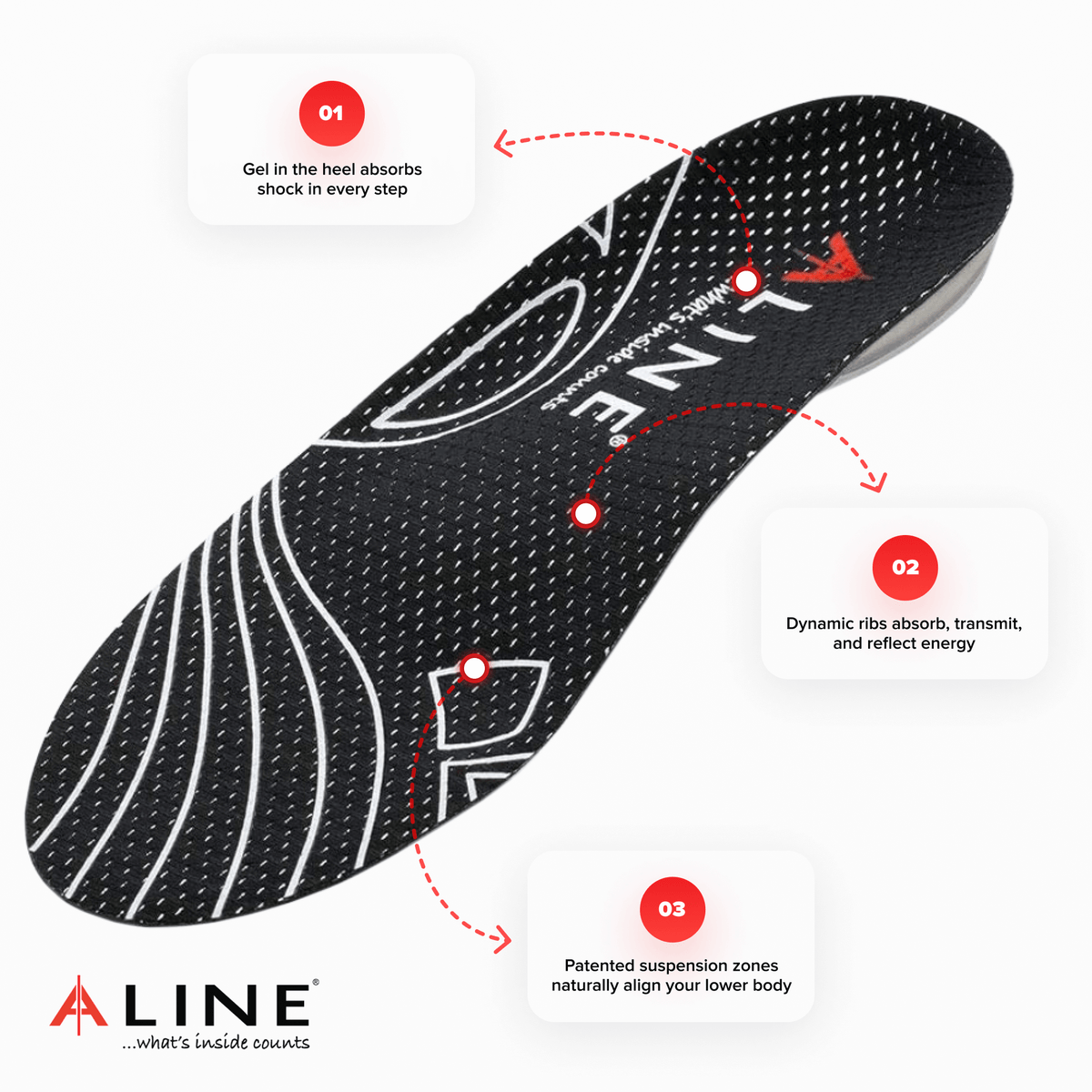The right insoles can make a significant difference for anyone who spends long hours in work boots. Work environments often demand extensive standing, walking, or heavy lifting, which can strain your feet and body. High-quality insoles provide comfort, support, and durability, enhancing your overall experience while reducing the risk of foot-related issues.
The Importance of Foot Health for Workers
Healthy feet are essential for productivity and long-term wellness. Poor support in work boots can lead to foot pain, blisters, or even chronic conditions like plantar fasciitis. Quality insoles provide the cushioning and alignment your feet need to stay strong and pain-free.
Preventing Fatigue During Long Shifts
Extended hours in work boots can cause fatigue not just in your feet but throughout your body. Quality insoles absorb shock and distribute weight evenly, reducing the strain on your legs and lower back. This helps you stay energized and perform better.
Enhanced Comfort for Daily Wear
Work boots often come with hard soles, which can be uncomfortable over time. Adding supportive insoles improves cushioning, making even the toughest boots feel more comfortable. This added layer of comfort can transform your daily experience.
Reducing the Risk of Injuries
Foot strain and discomfort can lead to poor posture and an increased risk of injuries. Insoles designed for work boots promote proper alignment and stability, reducing the likelihood of accidents or long-term damage to your joints.
Prolonging the Life of Your Work Boots
Quality insoles can extend the life of your work boots by providing extra cushioning and reducing wear on the soles. They act as a barrier, absorbing much of the pressure that would otherwise wear down your boots over time.
Supporting Specific Foot Conditions
If you have flat feet, high arches, or other foot conditions, regular work boots may not provide adequate support. Customized insoles for boots cater to these unique needs, offering relief and ensuring proper alignment for healthier feet.

Improving Posture and Alignment
Work boots often lack the ergonomic design needed to support proper posture. High-quality inserts correct imbalances, align your body, and improve your posture, leading to fewer aches and pains after a long day.
Minimizing Odor and Moisture
Many insoles come with antimicrobial and moisture-wicking properties that keep your feet fresh and dry. This added benefit ensures better hygiene and reduces odor, even during sweaty or demanding work conditions.
Boosting Overall Productivity
When your feet feel good, you perform better. High-quality insoles alleviate discomfort, allowing you to focus on the job at hand. This leads to increased productivity and satisfaction in your work.
Customization Options for Perfect Fit
Generic insoles may not suit everyone. Quality insoles are available in various shapes, materials, and designs, ensuring a perfect fit for your boots and individual foot shape, enhancing both comfort and performance.
Adapting to Various Work Environments
From construction sites to warehouses, each job site presents unique challenges. Versatile insoles for boots provide the necessary support to adapt to varying conditions, keeping your feet protected and comfortable.
Cost-Effectiveness in the Long Run
While quality insoles may require an initial investment, they save money in the long term by preventing injuries, prolonging boot life, and eliminating the need for frequent replacements. They’re a smart, economical choice for hardworking individuals.
FAQ: What Type of Insoles Are Best for Work Boots?
The best insoles for work boots are those designed for high-impact activities. Look for insoles with ample arch support, shock absorption, and durable materials to withstand tough conditions. Some brands also offer specialized designs for specific foot shapes or conditions.
FAQ: Can Insoles Help with Back Pain?
Yes, insoles can significantly reduce back pain caused by improper foot support. By aligning your feet and improving posture, they alleviate strain on your lower back and other joints, promoting overall comfort and health.
FAQ: How Often Should Insoles Be Replaced?
The lifespan of insoles varies based on usage and material quality. On average, they should be replaced every six to twelve months. Inspect for wear or loss of cushioning, as worn-out insoles may no longer provide optimal support.
